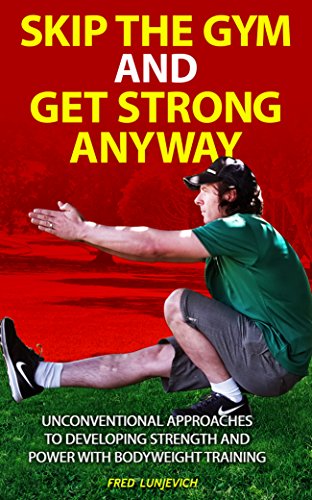On the eve of the release of Tim Ferriss’ new book on effective learning — The 4 Hour Chef — I thought it timely to reflect on what I’ve learned about learning (usually by struggling) and from Tim’s example.
Experimentation is the key
Why has Tim Ferriss become the “guru” of learning, usually by unconventional methods? Two reasons I see: (1) he challenges assumed wisdom and, (2) he thinks like a scientist. In short, Tim is an experimenter.
Most people spend a lot of time Doing, Contemplating and Preparing but don’t go the extra step to Experimenting. It’s great learning a language in your bedroom or on the train but it’s all for nought if no experimenting is done.
Want to learn German? Go to Berlin and speak predominantly German. Keen to be a web designer? Start building websites (for free at first if you like). Become an accomplished chef? Start cooking and experimenting with new techniques, ingredients and cultural elements.
What stops you?
What I realised from (being myself) and watching others go about learning new skills and moving into new lines of work, is that there is this inherent security about stuffing up.
It is no doubt a type of perfectionist complex as well as this need to not fail. Not failing is a problematic place to be. While we’re trying hard not to fail we’re not prepared to experiment. No experimenting, no learning.
Doing, Contemplating, Preparing, Experimenting
You can spend a lifetime Doing things, Contemplating positive change, Preparing to do it and ending up miserable at the lack of progress.
“You can give someone the prescription but if they don’t take the pill the prescription doesn’t matter. So how do you get people to take the pill?” – Tim Ferriss
I’m keen but what to do I do now?
One thing Tim Ferriss is famous for is using the 80/20 rule to learn skills quickly. Known as Pareto’s Law — so named after the Italian economist that brought the idea to prominence — is simply that some activities are suboptimal (a waste of time) because the benefits gained from doing these activities contributes very little to the overall result.
In other words (as a rule of thumb) — 80% of your results will come from 20% of the activities. The key then is in deciding what to do more of and what to cull.
This will come down to data as often times our intuitions/assumptions about what is effective are flat wrong. That and there is a part in all of us that wants to feel like we’re doing something and getting ahead even when we aren’t (doing things but going nowhere).
Part of the data gathering can come from experts. Tim likes to look at the outliers — the people who are at the upper end of the bell curve who are getting insanely good results. How can exceptional people inform the learning process?
The second part of the data collection process is rigorous note taking and tracking of results? What did I do that worked? What didn’t?
Test assumptions and common “wisdom”. Ideas that are popular aren’t necessarily fact-based.
Finally, what does the science say? In experimenting and researching for the 4 Hour Body, Tim spent a lot of time finding researchers and scientists working on projects that hadn’t passed through the meat grinder of the scientific process but had shown promise.
This is a radical commitment to find cutting edge scientific approaches to body and performance enhancement. A particular goal may not require that kind of research, but the collective knowledge of humanity is vast, growing all the time and more accessible than it ever has been so use it!

